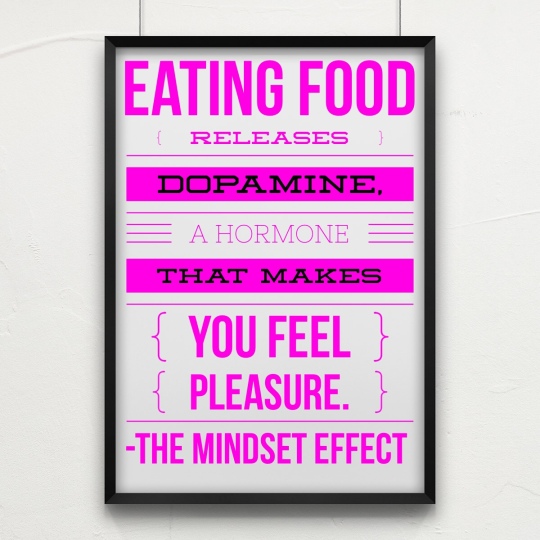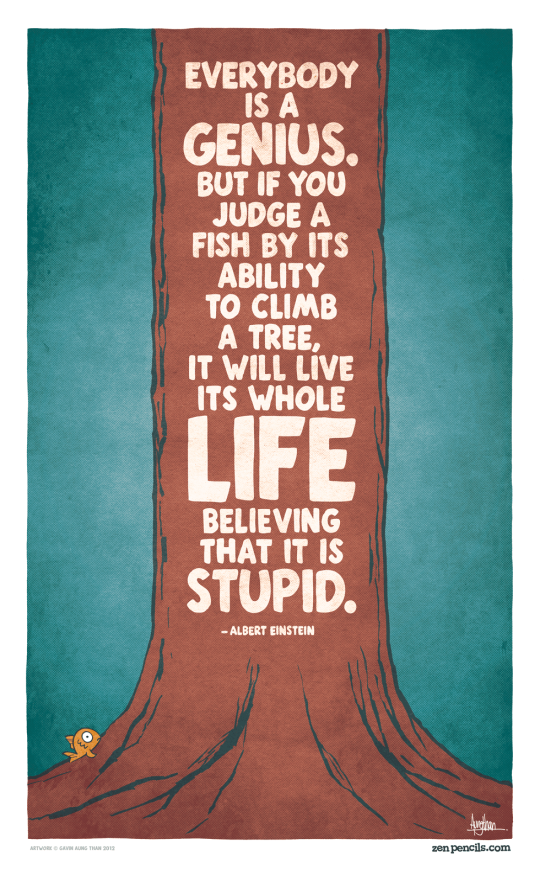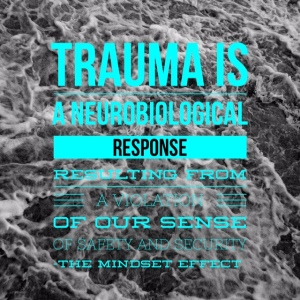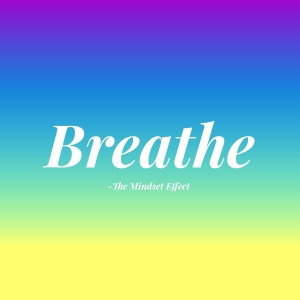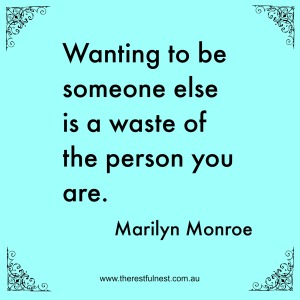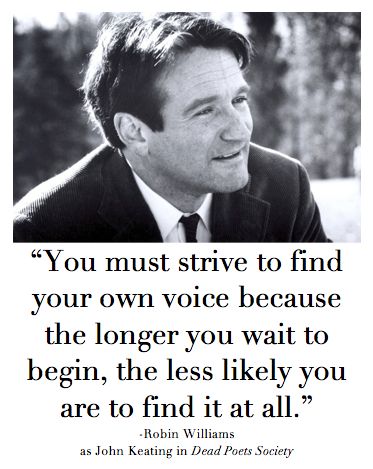Stress, alpha and beta
With only 4 days left of November, we’re on the downhill sprint of this NaBloPoMo challenge and our focus on stress. It’s been an exciting ride!
I want to finish off the month with a few posts that will help you all to integrate everything we’ve discussed over the month, and our final post will celebrate it all.
So as we bring things to a close I want to talk with you all about brainwaves. If we hooked our brains up to an EEG machine and measured the waves during the various states we experience, we’d probably be quite surprised.
There are 4 or 5 different types of brain waves (depending on who you’re talking with), of which I’d like to concentrate on 2, as these are the ones most associated with stress.
The first of these is the beta waves. These occur when we are awake, alert and learning. Beta waves are associated with stress, anger, irritability, moodiness, anxiety and depression. When we are in this state our thoughts often feel chaotic and we could generally feel out of control. Next time you feel like you’re running around like a headless chicken, you’re probably in the beta state.
Alpha waves on the other hand, occur when we are relaxed and in a meditative state. We feel peaceful and calm, our habits and fears seem to melt away, and we are in a prime state to learn new things. It is in this state that our creativity is at its best. Have you ever been in a state where everything seems to go right for you and things flow effortlessly? This is when you’re brain reflects the alpha state. This also reflects the relaxation response, which we have discussed previously.
The other two states, theta and delta, most often occur during sleep. Theta is light sleep, like when you’re in that place between wakefulness and proper sleep, while you’re still aware of what’s happening around you. Delta occurs during deep, restorative sleep, which Linda talked about during her series of posts on stress and sleep.
Since the beta and alpha states are the waves we want to focus on here, let’s do that.
As we’ve already established, beta waves occur during times of stress and are associated with anxiety, depression, moodiness and anger. We’ve all been there, right? And I’m sure you can recognise from some of our early posts this month that this is what stress often feels like.
If the alpha state is one of relaxation, creativity and flow, wouldn’t this be much more preferable to being in the beta state? It would be for me, that’s for sure!
So how do we get ourselves from beta to alpha?
By breathing. Using the deep belly breaths we’ve spoken about before, where we concentrate on using our diaphragm to fill up the lungs and allowing them to empty naturally before we take the next breath.
When we become nice and relaxed by using this method, things become easier to achieve. And when we then engage in activities that fill our hearts with passion, it brings forth our creativity and promotes an environment that supports us living our dreams.
And isn’t that what we all ultimately want on some level?



